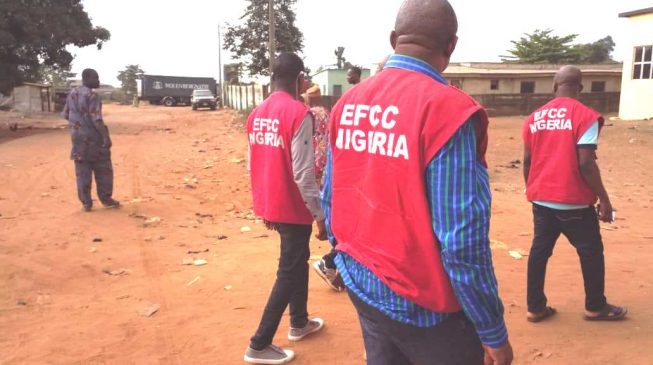- Commission Says No More Business As Usual
The Economic and Financial Crimes Commission (EFCC) has placed the 774 local government areas under close monitoring to ensure good governance, accountability and transparency.
This follows the recent Supreme Court judgement granting financial autonomy to local governments.
It disclosed this at a national dialogue organised by Agora Policy, themed “Enthroning Accountability in Local Government in Nigeria”, in Abuja, yesterday.
A representative of the EFCC Chairman, Friday Ebelo, said “Good governance encompasses three essential elements: accountability, transparency, and citizen participation. For these elements to be effective, we need dedicated and development-minded individuals to manage local government administrations.”
The EFCC emphasised its commitment to scrutinising local government activities, stating, “We must make a deliberate effort to bring the presence of good governance to our people, ensuring that citizens feel the impact of governance in their daily lives, particularly in areas such as healthcare, education, and infrastructure development.”
The commission warned that “business as usual” would not be tolerated, indicating a renewed focus on ensuring local governments are held accountable for their actions.
Agora Policy founder, Waziri Adio, emphasised the need for reform in rural government areas, stating, “Local government areas are the least trusted, least capacitated, and least interesting to the public.”
Adio noted that despite being expected to perform crucial functions, local government areas are failing to meet expectations.
“Only 28 percent of citizens trusted local government administration, down from 58 per cent in 2000,” he cited from Afrobarometer’s 2008 survey.
He advocated for increased awareness, engagement, and accountability, saying, “We need to fix the broken representative government by involving people directly in decision-making.”
Adio added, “We need to increase awareness, engagement, and accountability. This requires vertical, horizontal, and diagonal accountability mechanisms.”


